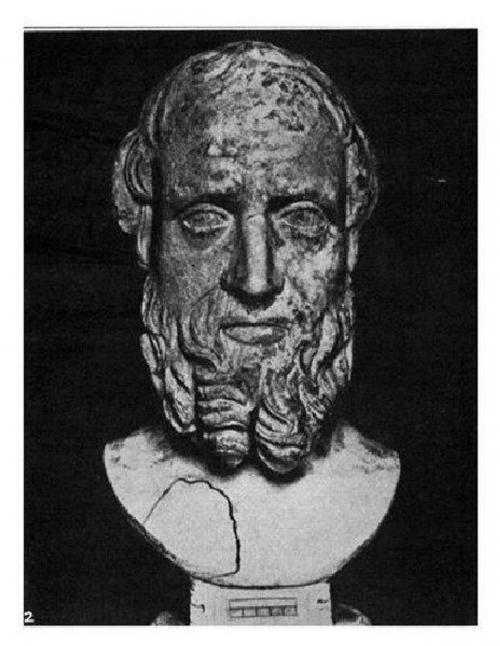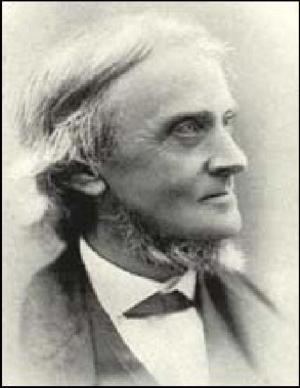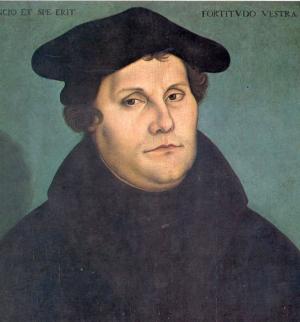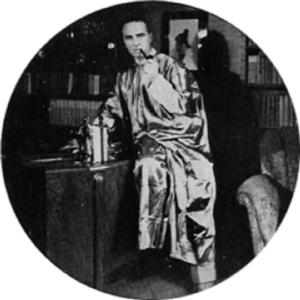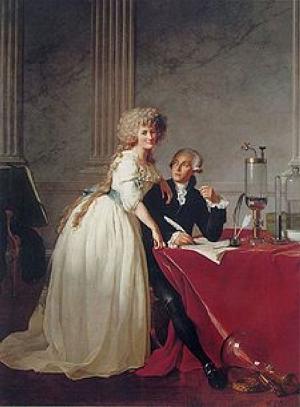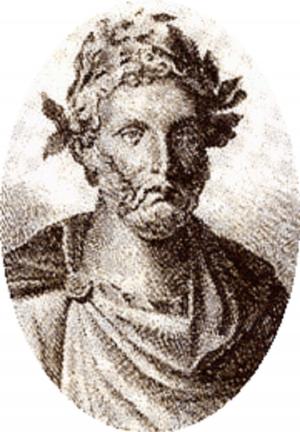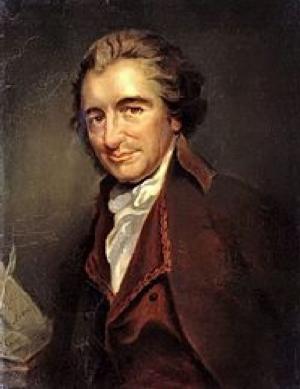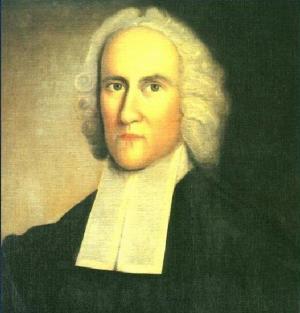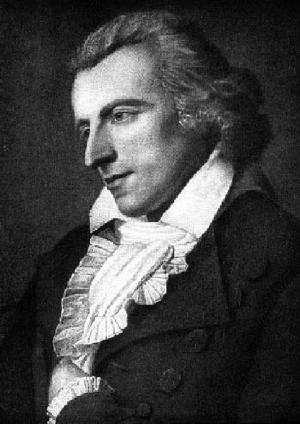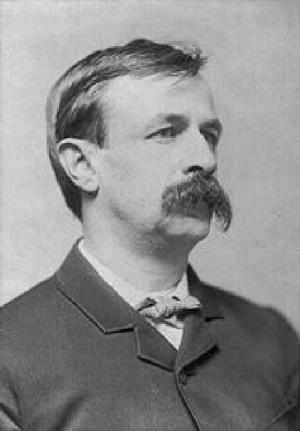First Historians: Herodotus' History and Thucydides' Peloponnesian War
Nonfiction, History, Ancient History, Greece| Author: | Herodotus, Thucydides | ISBN: | 9781455425310 |
| Publisher: | B&R Samizdat Express | Publication: | December 15, 2009 |
| Imprint: | Language: | English |
| Author: | Herodotus, Thucydides |
| ISBN: | 9781455425310 |
| Publisher: | B&R Samizdat Express |
| Publication: | December 15, 2009 |
| Imprint: | |
| Language: | English |
This file includes two history classics: The History by Herodotus and The Peloponnesian War by Thucydides. According to Wikipedia: Herodotus "has been called the "Father of History", and was the first historian known to collect his materials systematically, test their accuracy to a certain extent and arrange them in a well-constructed and vivid narrative.[1] The Histories—his masterpiece and the only work he is known to have produced—is a record of his "inquiry" (or στορία historía, a word that passed into Latin and took on its modern meaning of history), being an investigation of the origins of the Greco-Persian Wars and including a wealth of geographical and ethnographical information." Thucydides' "History of the Peloponnesian War recounts the 5th century BC war between Sparta and Athens to the year 411 BC. Thucydides has been dubbed the father of "scientific history", because of his strict standards of evidence-gathering and analysis in terms of cause and effect without reference to intervention by the gods, as outlined in his introduction to his work."
This file includes two history classics: The History by Herodotus and The Peloponnesian War by Thucydides. According to Wikipedia: Herodotus "has been called the "Father of History", and was the first historian known to collect his materials systematically, test their accuracy to a certain extent and arrange them in a well-constructed and vivid narrative.[1] The Histories—his masterpiece and the only work he is known to have produced—is a record of his "inquiry" (or στορία historía, a word that passed into Latin and took on its modern meaning of history), being an investigation of the origins of the Greco-Persian Wars and including a wealth of geographical and ethnographical information." Thucydides' "History of the Peloponnesian War recounts the 5th century BC war between Sparta and Athens to the year 411 BC. Thucydides has been dubbed the father of "scientific history", because of his strict standards of evidence-gathering and analysis in terms of cause and effect without reference to intervention by the gods, as outlined in his introduction to his work."
